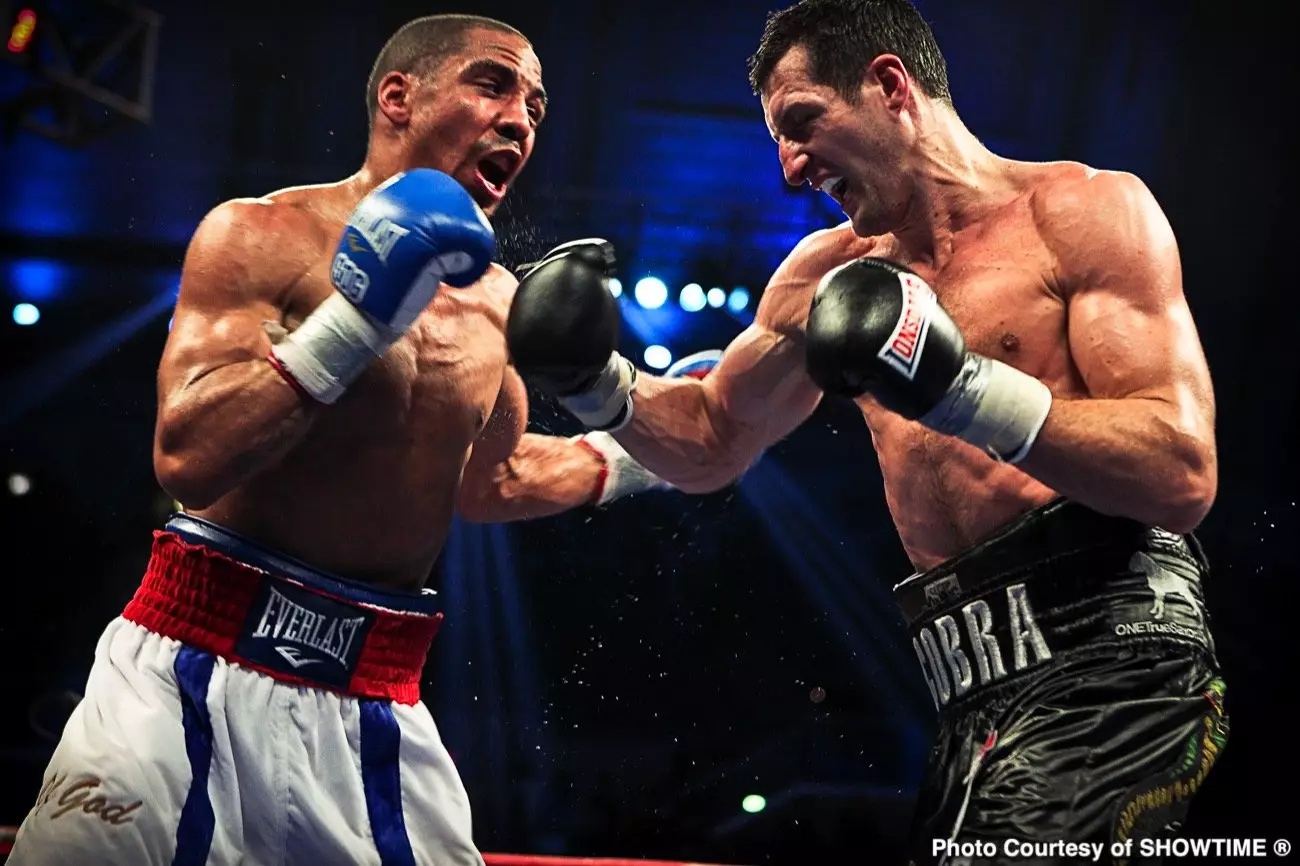The boxing world is still reeling from the loss of heavyweight legend George Foreman, who passed away last Friday. As tributes continue to pour in, one of the most compelling reflections comes from Carl Froch, a celebrated former super-middleweight champion. Froch’s bold assertion that Foreman would have decimated today’s top heavyweights ignites a thought-provoking discussion about the relevance of historical boxing prowess in modern combat sports. Froch’s conviction serves as a lens through which we can explore the essence of boxing evolution and the enduring power of iconic fighters.
George Foreman’s Raw Power
Foreman’s career, marked by explosive knockouts and relentless aggression, set a standard in the heavyweight division that resonates to this day. Froch’s commentary suggests that a younger Foreman, known for his brutal efficiency in the ring, would have overwhelmed contemporary giants like Tyson Fury and Anthony Joshua with his sheer strength and ferocity. The 1970s version of Foreman was not merely a strong contender; he was a force of nature, capable of dismantling opponents physically and psychologically. This assertion begs the question: how do we measure greatness across different eras of boxing?
Comparative Greatness: A Complex Debate
Froch’s comparison invokes the classic debate surrounding the ‘greatest of all time.’ While some may argue that the tactical sophistication and conditioning of today’s boxers equal or surpass those of the past, one cannot overlook the raw capabilities of fighters like Foreman. Standing at over 6’3” and weighing around 220 pounds at his peak, Foreman possessed both the physicality and the mental resilience needed to step into any heavyweight landscape. The notion that modern fighters like Oleksandr Usyk may not match up in size or power opens an intriguing dialogue about how the sport has transformed: from the brutality of pure brawlers to the technical prowess of today’s athletes.
The Irony of Evolution
In a sport that often celebrates speed, footwork, and strategy, it is intriguing to consider how Foreman’s robust style stands in stark contrast. His ability to harness raw power was not just about size; it was about an unmatched level of aggression and confidence. Despite his loss to Muhammad Ali, Foreman’s resurgence in the 1990s displayed how adaptability can coexist with a fierce fighting spirit. This begs the consideration that while modern champions benefit from advanced training methodologies and nutrition, they might also be grateful for the absence of such a powerful opponent in their era.
The Fragility of Boxing’s Legacy
Admirers of modern boxing may find it easy to dismiss the prowess of fighters from the past as mere folklore. However, Froch’s assertion that Foreman would have “smashed them to bits” is not hyperbole—it is a reminder of the visceral nature of the sport. George Foreman embodied the spirit of a bygone era, one where the line between victory and defeat was often defined by sheer will and physical domination. It is a thought both endearing and terrifying to consider what Foreman could do to contemporary titans, a true reflection of the dramatic evolution the sport has endured.
In pondering the place of George Foreman within the broader narrative of boxing, one cannot escape the conclusion that his legacy remains indelible—proof that true greatness can withstand the tests of time and transformation in one’s sport.


Leave a Reply